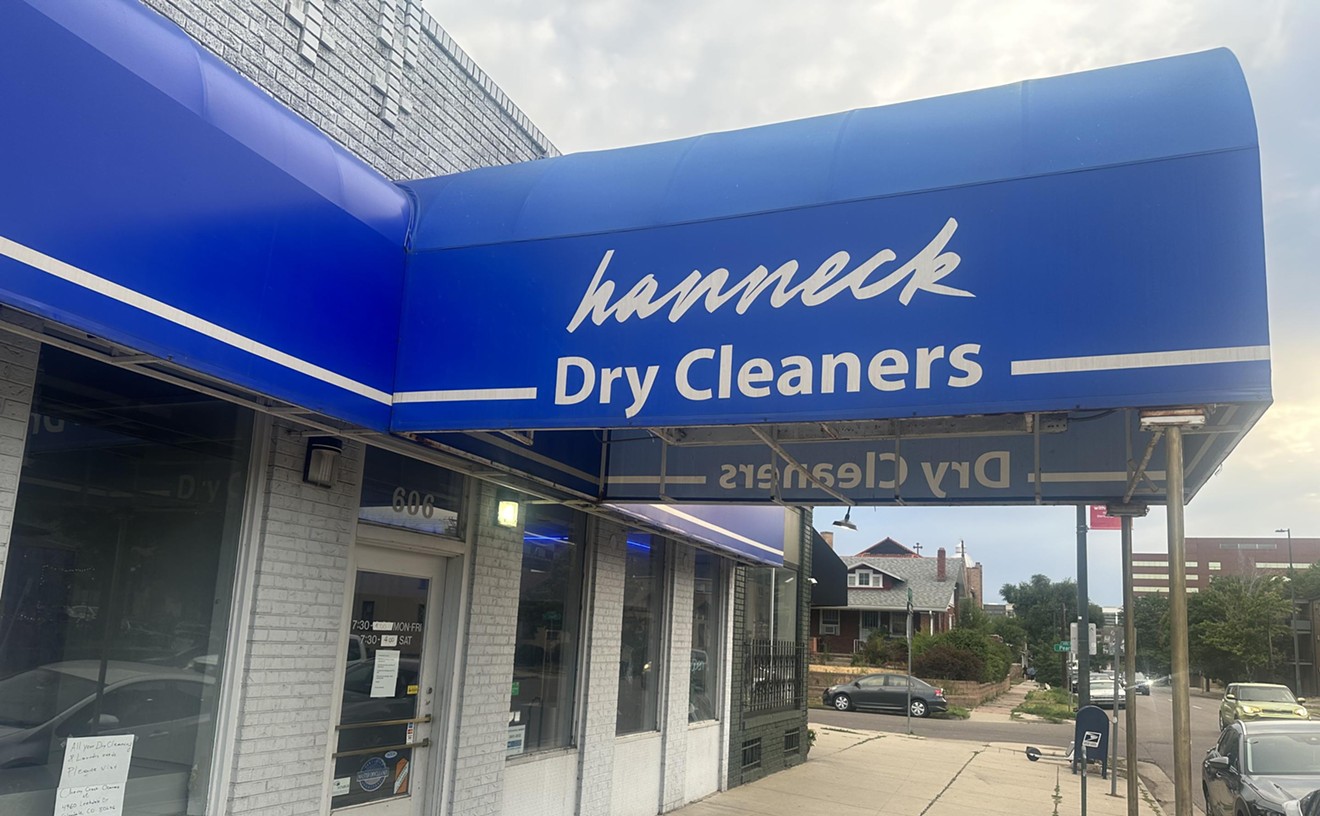The Centennial Institute, Colorado Christian University's think tank, has launched a petition drive against HR 8404, the Respect for Marriage Act, introduced in Congress on July 18. If signed into law, the bill would federally establish the right to same-sex and interracial marriage and repeal the 1996 Defense of Marriage Act, which allows states to not recognize same-sex marriages from other states.
The Respect for Marriage Act was introduced amid fears that the U.S. Supreme Court may overturn Obergefell v. Hodges, which guarantees same-sex couples the right to marry, after Justice Clarence Thomas suggested that court rulings protecting LGBTQ+ rights and contraception rights should also be reconsidered, like Roe v. Wade. The U.S. House of Representatives passed the Respect for Marriage Act on July 19 by a 267-157 vote, moving it on to the Senate.
The Lakewood-based Centennial Institute launched its nationwide campaign on July 25, urging people to tell their senators to vote no on the act, which it deems badly titled. “I don’t think it’s respect for marriage at all," says Jeff Hunt, director of the Centennial Institute. "If we really respected marriage, we’d be able to define it."
The Respect for Marriage Act would remove from federal law the definition of marriage being between a man and a woman, and a spouse being a person of the opposite sex. According to Hunt, the Centennial Institute is particularly concerned that removing gender references would undermine the conservative view of marriage being between a man and a woman.
The Centennial Institute's petition states: "It is a startling expansion of what marriage means — and who may be sued if they disagree — that threatens the freedom of numerous 'decent and honorable' Americans of different faiths, creeds, and walks of life who wish to live consistent with their deeply-held beliefs."
Hunt says the institute recognized the need for the petition when 47 Republicans joined the Democrats in passing the bill (Colorado representatives Lauren Boebert, Ken Buck and Doug Lamborn voted against it). "As this nation and state engages with public policy, we want to make sure the Christian worldview is in those conversations," he explains.
The petition has an area where people can write messages to their senators. So far, Hunt says, about a thousand messages have been submitted from 46 states, including many from Colorado.
Other organizations that promote conservative values, such as the Conservative Action Project and Alliance Defending Freedom, are also urging senators to reject the Respect for Marriage Act.
This isn't the first time the Centennial Institute has taken a national role. It hosts the annual Western Conservative Summit, bringing such nationally known conservative speakers as Donald Trump Jr., Sarah Huckabee Sanders and Betsy DeVos to Colorado.
The Centennial Institute and CCU had planned to have a celebration of the Roe v. Wade decision on June 27, but after the Lakewood Police Department was unable to provide enough officers to secure the event, CCU decided to cancel. According to Hunt, CCU, which was founded in 1914 and created the Centennial Institute in 2009, has been working to bring about the end of Roe v. Wade for fifty years, and the staff still wants to host a celebration in the future.
The Institute hasn't taken a position on H.R. 8373, the Right to Contraception Act that passed the House in June. Hunt says that conservative groups in the state are primarily interested in letting women traveling to Colorado for abortions know that there are other options.
The Centennial Institute pushing a petition opposing the Defense of Marriage Act right after the Roe v. Wade decision was not a surprise to some of the state's progressive groups. Abortion, contraception and LGBTQ issues all intersect, according to Selina Najar, political director for Cobalt, a Colorado organization dedicated to advancing abortion access and reproductive rights. "I think it's a hateful petition. I also think it's indicative that this is absolutely the next step in the conservative playbook," Najar says. "Lives and livelihoods are on the line, and pushing hateful rhetoric like this is a dog whistle for violence."
Najar grew up in Mesa County, in a family she describes as generally conservative. "I can speak from experience when I say it's a core value of conservatives to have self-determination, privacy [and] bodily autonomy, and this petition flies in the face of what I was raised to view as good conservative values," Najar says.
"It is disappointing to see Colorado Christian University’s Centennial Institute oppose the Respect for Marriage Act. Marriage is about love, commitment and family. In fact, support for marriage equality across the United States is at an all-time high of 71 percent, according to the most recent Gallup poll," says Gillian Ford, communications director for One Colorado, a Colorado LGBTQ advocacy organization. "We encourage Colorado Christian University and others who hold similarly unaffirming theological viewpoints to reflect on Christ’s ministry, which demonstrated love and compassion to all in society, and consider how important these lessons are when thinking about the responsibility faith communities have to end the violence, fear, discrimination and rejection that many LGBTQ+ people experience at the hands of their faith communities."
[
{
"name": "Air - MediumRectangle - Inline Content - Mobile Display Size",
"component": "12017618",
"insertPoint": "2",
"requiredCountToDisplay": "2",
"watchElement": ".fdn-content-body",
"astAdList": [
{
"adType": "rectangle",
"displayTargets": "mobile"
}
]
},{
"name": "Editor Picks",
"component": "17242653",
"insertPoint": "4",
"requiredCountToDisplay": "1",
"watchElement": ".fdn-content-body",
"astAdList": [
{
"adType": "rectangle",
"displayTargets": "desktop|tablet"
},{
"adType": "rectangle",
"displayTargets": "desktop|tablet|mobile"
}
]
},{
"name": "Inline Links",
"component": "18838239",
"insertPoint": "8th",
"startingPoint": 8,
"requiredCountToDisplay": "7",
"maxInsertions": 25
},{
"name": "Air - MediumRectangle - Combo - Inline Content",
"component": "17261320",
"insertPoint": "8th",
"startingPoint": 8,
"requiredCountToDisplay": "7",
"maxInsertions": 25,
"watchElement": ".fdn-content-body",
"astAdList": [
{
"adType": "rectangle",
"displayTargets": "desktop|tablet"
},{
"adType": "rectangle",
"displayTargets": "desktop|tablet|mobile"
}
]
},{
"name": "Inline Links",
"component": "18838239",
"insertPoint": "8th",
"startingPoint": 12,
"requiredCountToDisplay": "11",
"maxInsertions": 25
},{
"name": "Air - Leaderboard Tower - Combo - Inline Content",
"component": "17261321",
"insertPoint": "8th",
"startingPoint": 12,
"requiredCountToDisplay": "11",
"maxInsertions": 25,
"watchElement": ".fdn-content-body",
"astAdList": [
{
"adType": "leaderboardInlineContent",
"displayTargets": "desktop|tablet"
},{
"adType": "tower",
"displayTargets": "mobile"
}
]
}
]












